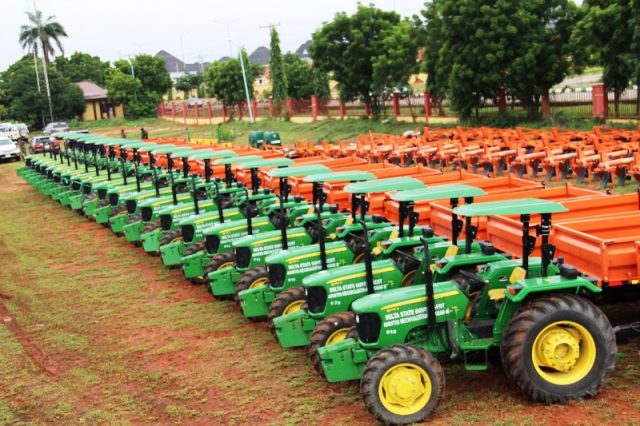
By CHARLES IKE-OKOH
TUE, 29 DEC, 2020-theGBJournal- The Combination of the commencement of African Continental Free Trade Area (AfCFTA), heightened security concerns around the country and the risk of resurgence of smuggling of agricultural products into the country amid border reopening are the key issues to challenge the performance of the agriculture sector in the coming year.
The AfCFTA deal is billed by the World Bank as a major opportunity for African countries to boost growth reduce poverty and broaden economic inclusion.
But the Lagos Chamber of Commerce and Industry (LCCI) remarks on AfCFTA could trigger even more cautious approach to the deal which some stakeholders still view with suspicion.
With the borders reopened, there will be an increased supply of products in the domestic market, which mean higher competition and price erosion for local players in the sector.
Besides, while the ban on importation of rice, poultry and other agricultural commodities still subsist amid border reopening, however, there is risk of resurgence of smuggling of agricultural products into the country considering the porous nature of Nigeria’s land borders.
‘’This combined with the commencement of AfCFTA could see Nigeria being a destination for imported food products in absence of adequate border monitoring measures,’’ the LCCI said in their 2021 outlook note.
But the government’s “pro-agriculture” stance is expected to continue to support the sector. The Central Bank of Nigeria (CBN) is expected to sustain its intervention in the agricultural sector in year 2021 in a bid to boost domestic food production and minimize food supply gap. The CBN has since tightened its FX policies by restricting access to FX for food and fertilizer importation, as a way of encouraging domestic production of agro-commodities.
Meanwhile, heightened security concerns around the country, especially in Northern part of the country and resurgence in herder-farmer conflict in the Middle Belt, south west and south east, is forecast to add strain in the near term if unaddressed.
Nonetheless, a modest growth performance in year 2021 is forecast by the LCCI.
The sector ironically demonstrated mild resilience with a positive growth of 1.39% in Q3-2020 despite the adverse impact of covid-19 disruptions, flooding, and insecurity on agricultural productivity.
Agricultural productivity is usually robust in the third quarter being the harvest season, albeit output in year 2020 harvest season was muted as a result of covid-19 disruptions, flooding, and security issues.
Twitter-@theGBJournal|email: info@govandbusinessjournal.com.ng









